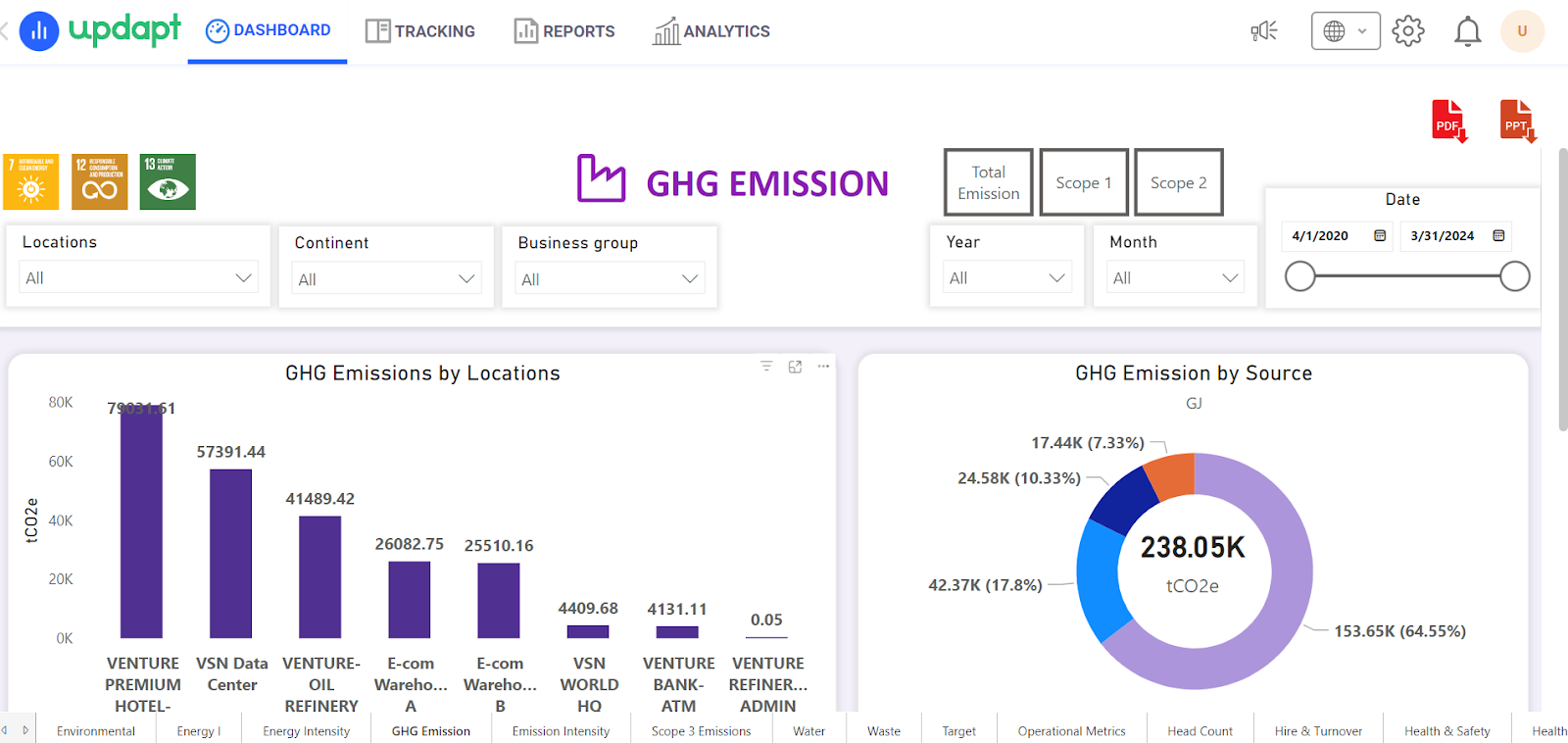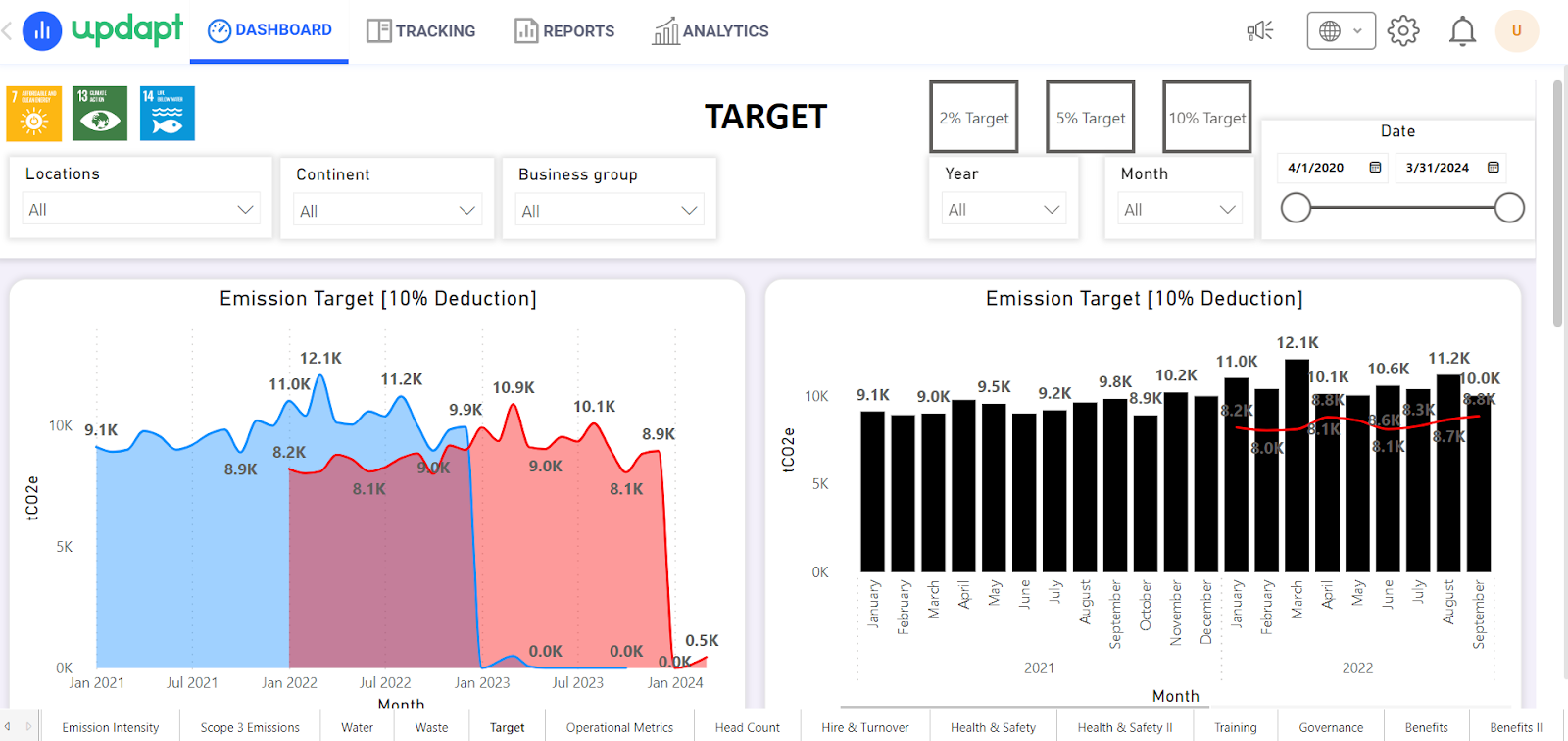
ESG Software for the pharmaceutical industry
Environmental, social, and governance (ESG) criteria are inevitable in today's modern business world. They have been gaining a lot of attention across the world. Sustainability in the pharmaceutical industry is not only about adopting environmental practices; it encompasses the entire product lifecycle from development to disposal, ensuring that medicine is accessible to all populations.
The pharmaceutical industry faces unique challenges while adopting ESG practices, such as supply chain and manufacturing processes. Furthermore, it is a significant contributor to greenhouse gas emissions due to product disposal, manufacturing, and transportation.
Meanwhile, the pharmaceutical industry requires a vast amount of raw materials and consumes a significant quantity of water, while also producing a substantial amount of waste.
Therefore, this article will explain how Updapt ESG software simplifies the sustainability process, how its product customizes metrics for pharmaceutical companies, and why it is superior to other sustainability software.

Sustainability and ESG in pharmaceutical:
Sustainability practices in the pharmaceutical industry are essential and play a significant role in human life. Due to their supply chain and manufacturing processes, the pharmaceutical industry produces more carbon emissions than the automotive industry.
People and various NGOs are demanding changes to make the industry's operations and manufacturing processes more eco-friendly. Addressing the environmental impact of the pharmaceutical industry is crucial because high water contamination and waste disposal will affect the ecosystem, our livelihoods, and our health.
Moreover, measuring the environmental impact is as important as producing drugs such as antibiotics. Sustainability has become necessary not only to reduce carbon emissions but also for its numerous benefits to the industry, including reputation.
ESG Software for manufacturing industries
Importance of ESG in the pharmaceutical industry:
Reduce carbon footprint:
The pharmaceutical manufacturing process, from beginning to end, is highly rigorous and has a significant environmental impact. Pharmaceutical activities release a substantial amount of greenhouse gas emissions into the atmosphere, contributing to climate change. This, in turn, leads to unstable climate weather, biodiversity loss, and rising sea levels.
Waste management:
The pharmaceutical industry generates a massive amount of waste, including chemicals, plastics, and general waste. Plastic waste is indispensable in the pharmaceutical industry; while small amounts of plastic waste can be recycled, large quantities are more complex to recycle. Therefore, it is essential to make plastic more eco-friendly. Chemical waste is another major contributor to environmental damage. Toxic chemicals can contaminate groundwater, soil, air, ecosystems, and wildlife.
Manufacturing and distribution:
Manufacturing and distribution processes produce substantial amounts of carbon emissions. The manufacturing industry relies on energy sources such as coal, oil, and natural gas. The process of raw material extraction emits large amounts of carbon emissions. Distribution involves transporting raw materials and finished products to customers, which also produces significant carbon emissions. Therefore, it is necessary to adopt more eco-friendly manufacturing and transportation methods.
ESG solutions:
As mentioned earlier, the pharmaceutical industry produces a considerable amount of carbon emissions. Sustainability practices can reduce carbon emissions through the use of renewable energy and energy efficiency. The activities of the pharmaceutical industry often contaminate vast amounts of water. ESG practices can reduce water consumption and mitigate water pollution
ESG Software for Real Estate Portfolio and Investors
ESG Benefits for pharmaceutical companies:
Risk Management:
It is categorized into two types.
- Regulation risk
- Operational risk
Operational risk:
ESG practices significantly help optimize operational efficiency by identifying areas of inefficiency and waste.
Investor attraction:
Pharmaceutical organizations with strong sustainability practices can attract investors more easily.
Reputational risk:
Organizations may face reputational risk if they have ESG issues. Pharmaceutical industries are socially sensitive and have a significant environmental impact. Reputational risk can affect an organization's brand and market value. ESG practices can effectively prevent reputational risk before it occurs in business operations.
Supply chain:
Implementing ESG practices in pharmaceutical companies can manage supply chain activities more efficiently. It ensures that suppliers meet environmental standards, helping to prevent negative publicity.
Profitability:
ESG practices identify areas of inefficiency and provide solutions for waste reduction in business operations. These efforts improve overall business performance, leading to increased profitability.
Choose the right ESG software for your business
Role of updapt Sustainability reporting software for pharma industries
Data collection:

Data collection in ESG, especially in the pharmaceutical industry, is a complex process due to the diversity of data formats and the extensive range of data required to measure sustainability performance. Updapt ESG data management software effectively collects all ESG data and consolidates it in a data repository.
When gathering data from external applications, our ESG data software ensures data quality, including data from the supply chain, raw material suppliers, and distributors.
ESG reporting and frameworks:
ESG reporting:
Updapt ESG reporting software improves ESG transparency and provides appropriate ESG reporting frameworks for your business.
Supply chain management:
To comprehensively measure scope emissions, a robust supply chain management system is necessary. Updapt ESG software offers unique features such as:
These features enable users to comprehensively understand the product lifecycle and easily identify suppliers and distributors that do not meet environmental standards.
Measuring scope:

Scope-3 Emission is more complex compared to other scope-1 and scope-3. Updapt emission management software simplifies scope-3 emissions for the pharmaceutical industry and provides an appropriate strategy for reducing carbon emissions.
Furthermore, it provides a wide range of emission strategies for each phase.
ESG performance visualization:
As expected, Updapt ESG sustainability reporting software provides a comprehensive visualization of your ESG performance.
To sum up:
Adopting ESG software for the pharmaceutical industry is a significant step for businesses and offers various benefits. It simplifies data collection, reporting, and advanced goal setting.
Call to action:
Would you like to embark on an ESG journey? Start with Updapt.

